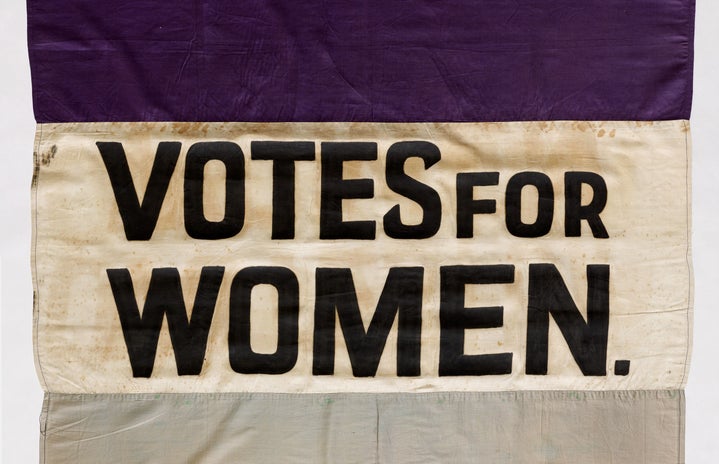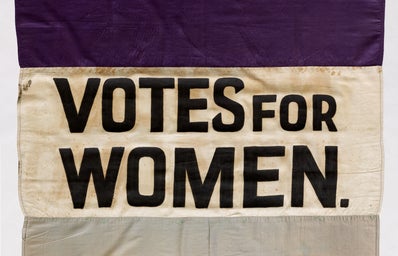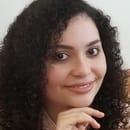On November 2, 1920, women voted for the first time in a presidential election in the United States. This was all thanks to the women who fought valiantly for the right to participate in the electoral process. Their rights were guaranteed by the 19th Amendment, which stated that “The right of citizens of the United States to vote shall not be denied or abridged by the United States or by any State on account of sex.” It was a step forward for women’s rights in the country. But what about the women in Puerto Rico? What was their status on voting rights? How did the 19th Amendment apply to them?
This amendment did not apply to Puerto Rican women. When the amendment was approved by Congress, it was given to the states for the process of ratification. When ratifying an amendment, all of the states need to approve it in order for the law to take effect. Since Puerto Rico is not a state, they could not approve the amendment. The women’s fight for suffrage would continue until 1929, when the Puerto Rican legislature received pressure from the US Congress to grant women the right to vote. However, it only permitted women that could read and write. It wasn’t until 1935 that all women, whether literate or not, could vote, as long as they were 21 years or older.
Along the way, many inspiring women have taken part in this movement. In honor of the 100th anniversary of the ratification of the 19th Amendment, let’s recognize one of these trailblazing women: Ana Roqué de Duprey.
Scientist, journalist, suffragist, and teacher: these are some of the many occupations that Ana Roqué had throughout her life. Born in Aguadilla in 1853, she showed from an early age a keen intelligence in many diverse fields. This would eventually motivate her to become a teacher’s assistant at just eleven years old. Two years later she wrote a geography book that would not only be used by her students, but also by students all over the island after it was adopted by the Department of Education. After Roqué got married and moved to San Juan, she continued her studies in many branches of science, such as meteorology and astronomy. She also held lectures on these disciplines on the rooftop of her home. This led her to become a member of the Société Astronomique de France (French Astronomical Society). Roqué was also interested in botany, which led her to write Botánica Antillana (Antillian Botany), a book that recorded the flora and fauna of the island. To learn more about the fascinating history behind this book, check out this video.
Roqué was a skilled writer. She wrote several stories and novels, such as Luz y Sombra. She also created the first magazine published and produced by women called La Mujer in 1894. When writing her novels and short stories, she used the pseudonym Flora del Valle. But when the topic was on women’s rights she used her own first and last name, Ana Roqué.
The first organization that was dedicated to working for women’s rights (Liga Femínea Puertorriqueña) on the island was founded in 1917 by Roqué. In 1924, she also founded Asociación Puertorriqueña de Mujeres Sufragistas (The Puerto Rican Association of Women Suffragists). This group advocated for the voting rights of women without any conditions, such as whether they could read or write. Her goal for women’s suffrage would (in part) come true five years later when it was declared that all literate women could vote. In that same year, she wrote a speech called “A las mujeres puertorriqueñas” (To Puerto Rican Women). Through it, she expressed her approval of this law and how the time has come for women to use their intelligence towards the improvement of Puerto Rico. She also wrote on how women should form a political party that is just composed of them. Here is a copy of the manuscript that the University of Puerto Rico has in its digital library.
In 1932, when women older than 21 years earned their right to vote, Ana Roqué got a chance to cast hers. She could not walk due to a severe case of elephantiasis (a disease that enlarges and hardens body parts due to tissue swelling) and had to be carried on a chair to a voting station. But, once she arrived, her name was not on the inscription lists. Ana, nearly eighty years old, had to be taken from station to station because her name did not appear on any of the lists in any of the other stations. Her companions had the idea of giving her a fake document to sign so that she would believe that she had voted that day. It was a little white lie to not break her heart and spirit. Eleven months later Ana Roque died, leaving behind an inspiring legacy.
Today, Puerto Rican women have the right to exercise, along with their male counterparts, the constitutional right to vote. Now it is something natural, something that many take for granted. If it weren’t for the brave men and women, like Ana Roqué de Duprey, that advocated for equal voting rights, who knows how much more time receiving these rights would have taken. That is why it is important to vote every time that we have the chance.



